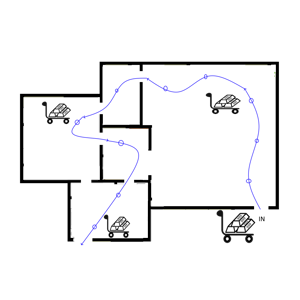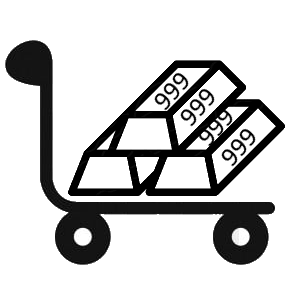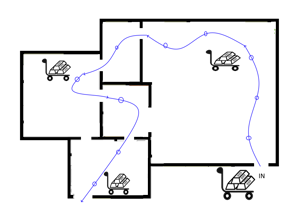 10 steps you to know on how to setup AGen trolley real time location tracking system powered by Zebra ATR7000 reader.
10 steps you to know on how to setup AGen trolley real time location tracking system powered by Zebra ATR7000 reader.
Introduction

AGen trolly real time location tracking system use for warehouse, hospital, building for tracking trolley in their premises. The tracking system using UHF RFID solutions as identity for the trolley, the user can use the standard UHF RFID technology for these purposes.
Using the ATR7000 for Tracking Trolley Movement in a Warehouse involve below step

Step-by-Step Implementation:
1. Plan the System Layout:
o Assess the warehouse layout to determine the optimal placement of the RFID ATR7000 readers. Ensure that the readers are positioned to cover all areas where trolley movement occurs.
2. Install the RFID Readers:
o Mount the readers at strategic locations such as entry/exit points, key aisles, and other critical areas within the warehouse. Ensure they are placed at appropriate heights and angles for maximum coverage.
3. Tag the Trolleys:
o Equip each trolley with RFID tags. Ensure the tags are securely attached and can be easily read by the RFID Readers.
4. Set Up the Software:
o Integrate the RFID Readers with AGen real-time location system (RTLS) software. This integration will allow for seamless data flow and real-time updates on trolley locations.
5. Configure the System:
o Configure the RFID Readers settings to define the reading zones, data collection intervals, and alert thresholds. This setup ensures the system captures accurate and relevant data.
6. Test the System:
o Conduct initial tests to verify that the readers are detecting the trolley tags accurately and that the data is being correctly transmitted to the AGen software. Make any necessary adjustments to optimize performance.
7. Monitor Trolley Movement:
o Use the software interface to monitor the real-time location and movement of trolleys within the warehouse. The system can provide visual maps, movement logs, and alerts for specific events such as prolonged inactivity or deviation from predefined routes.
8. Analyze Data:
o Utilize the analytics capabilities of the system to gain insights into trolley utilization, movement patterns, and operational efficiency. Identify areas for improvement, such as optimizing routes or reallocating resources.
9. Set Up Alerts and Notifications:
o Configure alerts for specific scenarios, such as a trolley leaving a designated area or remaining stationary for too long. Notifications can be sent via email, or integrated with AGen alerting systems.
10. Train Staff:
o Train warehouse staff on how to use the system effectively. Ensure they understand how to interpret data, respond to alerts, and maintain the equipment.
By:
pang
| Date:
19 Jun2024